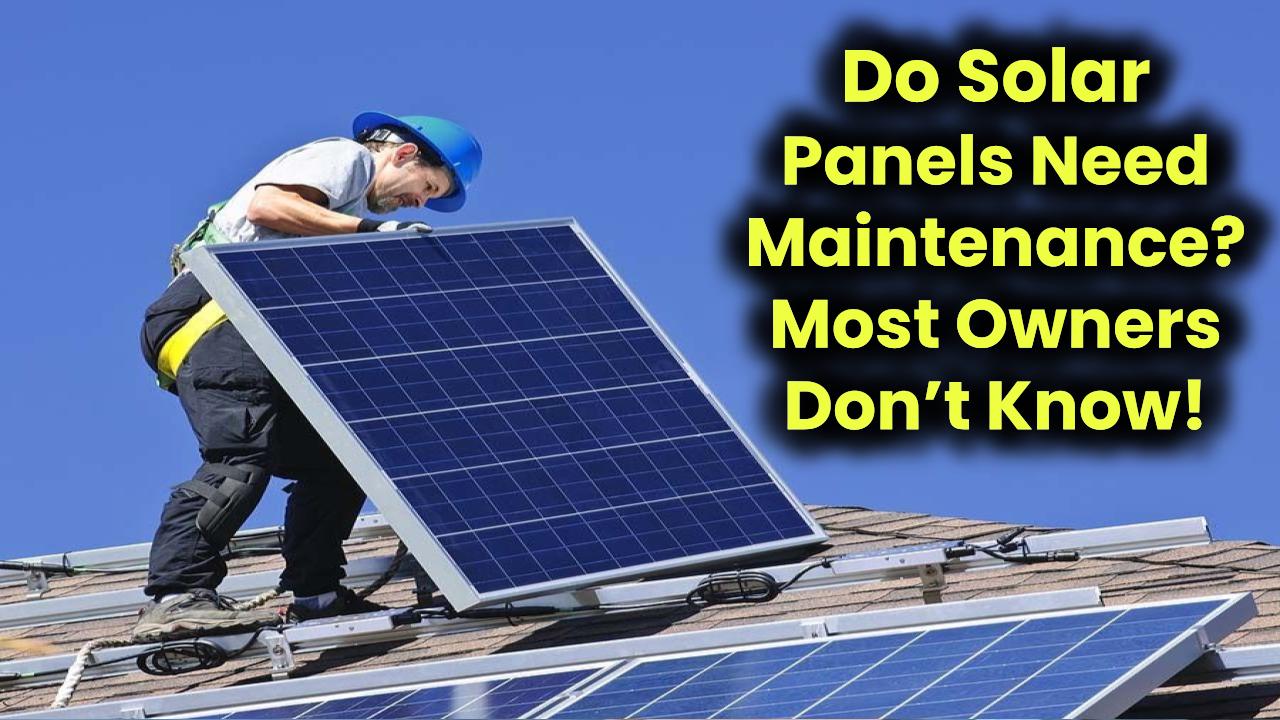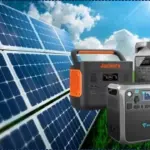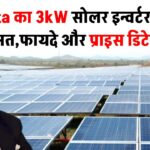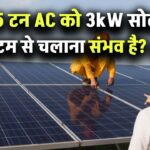
If you’re serious about investing in the clean energy revolution, looking at Return on Equity (ROE) is one of the smartest moves you can make. ROE is a powerful metric that helps identify companies that are not only growing — but doing it efficiently and profitably.
In the solar industry, where capital expenditure is sky-high and policy support is constantly evolving, a high ROE is a signal of strong leadership, execution, and business resilience.
Let’s break down the solar stocks with the highest ROE in the past three years, explore why that matters, and how you can use this information to supercharge your renewable energy portfolio in 2025 and beyond.
Understanding ROE in Solar Energy Investing
Return on Equity (ROE) is a financial ratio that measures how effectively a company is generating profit using shareholders’ money.
Formula: ROE = Net Income ÷ Shareholder’s Equity
In simpler terms, ROE tells you if the company is worth your investment. For the solar industry — known for its upfront capital intensity and tight margins — high ROE shows excellent capital efficiency, effective management, and strong profitability.
Top 5 Solar Stocks with the Highest ROE (2022–2024)
These companies didn’t just survive tough market conditions — they thrived. Here’s your side-by-side comparison:
ROE Leaderboard
| Company | Avg. ROE (3Y) | Market Cap | ROCE | 5Y CAGR |
|---|---|---|---|---|
| Solarium Green Energy | 80.9% | ₹2,000 Cr | 78% | 60% |
| Waaree Renewables | 72.77% | ₹3,500 Cr | 70% | 48% |
| Insolation Energy | 55.16% | ₹1,400 Cr | 53% | 52% |
| Sahaj Solar | 41.8% | ₹950 Cr | 40% | 131% |
| KPI Green Energy | 13.88% | ₹1,800 Cr | 15% | 22% |
Data source: Screener.in, AliceBlue, and company filings as of Q1 2025
Detailed Breakdown of the Top Performers
1. Solarium Green Energy Ltd
- ROE: 80.9%
- Strength: Asset-light EPC model, premium solar project execution
- Notable: Large-scale commercial contracts and superior working capital management
- Growth Drivers: Indian subsidies + international solar project exports
2. Waaree Renewable Technologies
- ROE: 72.77%
- Highlight: Leading rooftop and industrial solar panel manufacturer
- Parent Group: Waaree Group, known for top-tier solar modules
- Edge: Strong retail + B2B network with consistent margin expansion
3. Insolation Energy
- ROE: 55.16%
- Specialty: Tier-1 panel producer with growing exports
- R&D Focus: Advanced PV modules, low-defect manufacturing
- Footprint: Growing rapidly in the Middle East and Southeast Asia
4. Sahaj Solar
- ROE: 41.8%
- USP: Off-grid and hybrid solar systems
- CAGR: 131% over 5 years
- Opportunities: Rural electrification, public sector solar tenders
5. KPI Green Energy
- ROE: 13.88%
- Focus: Solar park development and hybrid solar-wind integration
- Revenue Stream: Long-term PPAs with corporates and MSMEs
Investor Tips: How to Use ROE Effectively
Don’t just stop at ROE — pair it with ROCE, Debt-to-Equity Ratio, and CAGR to get a 360° view.
Key Rules:
- ROE > 15% = Strong performer
- Check ROCE to see how overall capital (not just equity) is used
- Watch for very high ROE + low equity — it might be misleading
- Avoid high ROE + high debt combos unless margins are stable
Government Support & Sector Tailwinds
These high ROE numbers didn’t happen in a vacuum. Here’s what’s boosting the solar sector:
India
- PLI Scheme: ₹24,000 Cr linked-incentive program for solar manufacturing
- 100% FDI allowed in renewable energy
- Target: 280 GW solar by 2030
🇺🇸 United States
- Inflation Reduction Act (IRA): $369B investment in renewables
- 30% tax credit on solar installs until 2032
🇪🇺 European Union
- EU Green Deal: Targeting climate neutrality by 2050
- Subsidies on solar tech and battery storage
Why ROE Is Essential for ESG Investors
For those pursuing Environment, Social, Governance (ESG) investing, high-ROE solar companies tick both boxes:
- Environmental: Support clean, renewable energy
- Governance: Strong capital efficiency = better leadership and accountability
ROE makes ESG investing quantitative, not just qualitative.
What the Experts Say
“ROE is critical when comparing clean energy companies. It tells you who’s actually making money and who’s just chasing subsidies.”
— Ajay Bhardwaj, CleanTech Equity Analyst
“The solar market is transitioning from growth-at-all-costs to profitable scaling. High-ROE players will dominate the next cycle.”
— Neha Raj, ESG Portfolio Manager, Axis Mutual Fund
How to Invest in These Stocks
- If you’re in India: Use brokers like Zerodha, Upstox, ICICI Direct to buy on NSE/BSE
- If you’re outside India:
- Look for ETFs with exposure to Indian solar stocks
- Explore ADRs, ESG mutual funds, or international clean energy ETFs like ICLN, TAN, or INDA
Risks to Consider
- Regulatory dependency: Many solar players rely on subsidies
- Execution risk: Projects can get delayed or overrun costs
- Currency volatility: Export-heavy companies can face forex pressure
Always pair ROE analysis with on-ground execution reviews and macroeconomic news.
Suzlon Energy Falls Over 2%! What Triggered the Drop – Experts Reveal the Real Reasons
ever wondered how solar panels are made? discover the fascinating journey from silicon to power
NTPC Green Energy Shares Decline Over 1 Percent: Key Factors Behind the Drop
FAQs
Q1: What is a good ROE in the solar sector?
Anything above 15% is considered excellent; top companies in this article are well above 40%.
Q2: Is high ROE sustainable in solar?
It can be, but investors must monitor debt levels, margins, and policy support.
Q3: Are these stocks suitable for beginners?
Yes, but beginners should consider mutual funds or ETFs for diversified exposure.
Q4: What about U.S.-listed solar firms?
SolarEdge, Enphase, and First Solar have seen declining ROEs recently due to interest rates and supply pressures. But they remain long-term plays.








